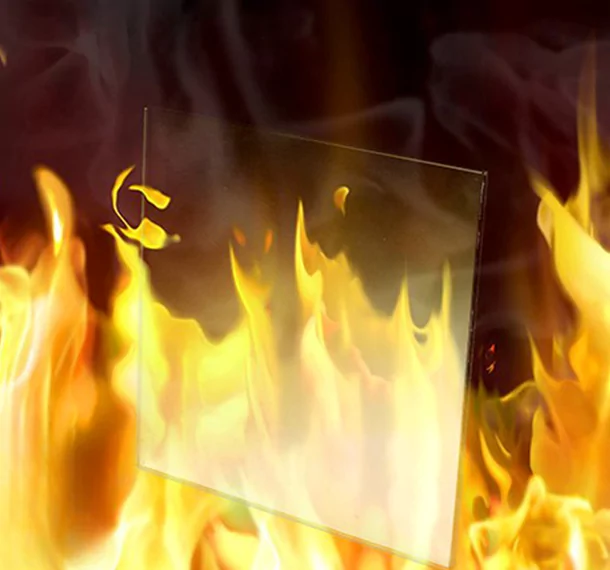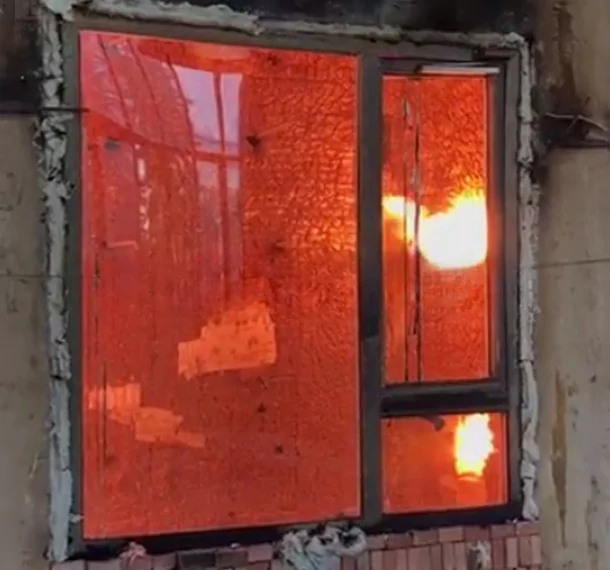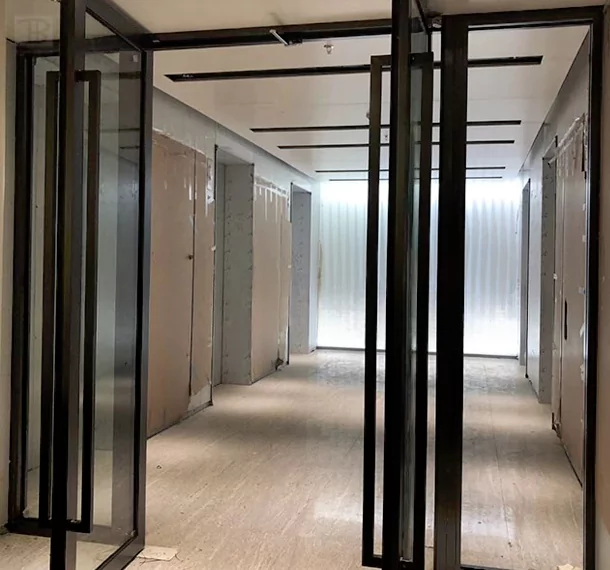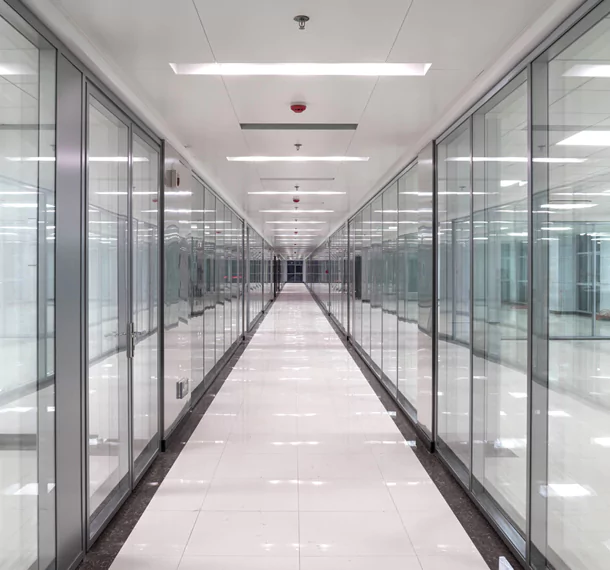Fireproof glass offers several key benefits in improving building safety. First, it serves to minimize flame spread during fire outbreak, protecting lives and property.Secondly, fire-rated glass Kuwait City acts as a barrier against radiant and convective heat transfer, helping confine it within specific areas while limiting its destructive impact.Thirdly, beyond its primary function of fire protection, fireproof glass can also be designed for aesthetic reasons - allowing natural daylighting into interior spaces while meeting stringent security regulations with unique features that ensure both style and protection can coexist peacefully together.
Fire-rated glass is an integral component of building design that helps prevent the spread of flames, smoke and radiant and conductive heat during a fire emergency. Beyond providing safety benefits, it provides various practical and aesthetic advantages as well.
1. Safety and Security: Fire-rated glass provides reliable protection from fire hazards, contributing to overall building security. By keeping fire incidents within designated areas and maintaining structural integrity during an emergency situation, it increases occupant safety during emergencies
2. Aesthetic Appeal: Fire-rated glass has the aesthetic appeal to complement many architectural styles and preferences, providing daylighting benefits while adhering to safety regulations
3. Durability and Performance: Engineered to withstand high temperatures and thermal shocks, fireproof glass displays exceptional durability under extreme conditions. Glass' ability to maintain structural integrity even under extreme heat conditions makes it an excellent choice for use in critical applications, where performance is of utmost importance. Integrating fire-rated glass Kuwait City into building designs not only fulfills essential safety requirements but also adds significant value by improving aesthetics, providing daylighting benefits, and meeting stringent security demands effectively.
In the realm of fire-rated glass Kuwait City applications, three standout projects have effectively utilized this innovative material as glass doors or glass walls in Kuwait City.
1. Project Name: XYZ Corporate Headquarters Renovation
- Description: The renovation of XYZ Corporate Headquarters incorporated fire-rated glass Kuwait City doors to enhance both aesthetics and safety within the office spaces.
- Impact: The use of fire-rated glass doors not only provided a modern and sleek look but also ensured compliance with safety regulations, offering peace of mind to employees and visitors alike.
2. Project Name: ABC Hotel Lounge Expansion
- Description: The expansion of the lounge area in ABC Hotel featured striking fire-rated glass walls that added a touch of elegance while maintaining functionality.
- Impact: These glass walls created a visually appealing separation between spaces while allowing natural light to flow through, contributing to an open and inviting atmosphere for guests.
3. Project Name: DEF Medical Center Interior Design
- Description: Within the interior design scheme of DEF Medical Center, fire-rated glass partitions were strategically used to delineate different areas without sacrificing transparency.
- Impact: These partitions not only upheld safety standards but also promoted a sense of openness and connectivity throughout the medical facility, fostering a calming environment for patients and staff.
These successful projects vividly demonstrate the versatility and effectiveness of utilizing fire-rated glass in architectural designs, showcasing both aesthetic appeal and practical functionality in various settings.
Our Location in Kuwait:Abdel Moneim Riyadh Street,Kuwait City,Kuwait
防火ガラス 宜野湾
FIRE-RATED GLASS Stockholm
KACA KEBAKARAN Tarakan
VIDRIO RESISTENTE AL FUEGO San Luis Río Colorado
防火ガラス 武蔵野
FIRE-RATED GLASS Pangasinan
VIDRIO RESISTENTE AL FUEGO Peoria
VIDRO À PROVA DE FOGO Mogi Mirim







